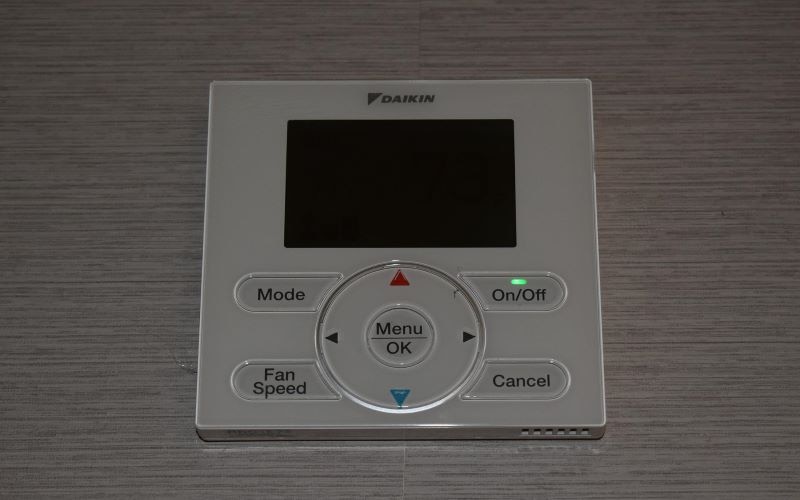With energy prices soaring, and this looking set to continue for the foreseeable future, businesses everywhere are seeking to make their office spaces more energy efficient. Are you looking to significantly cut the cost of your gas and electricity bills over the next few months? Maybe your recent office energy bill has left you shocked. Or are you keen to cut the carbon footprint of your office? Or maybe a combination of the two? Whatever your motivation, there are some simple and cost-effective changes that you can make which will help to make your office space more energy efficient.
1. Be Aware Of Your Energy Usage
If you don’t know how much you are spending and where you are spending it, how will you even begin to make changes? If you haven’t already got them, arrange to have smart meters installed at your business premises. The government aims to have smart meters rolled out in all businesses and residential homes by 2024. A smart meter takes the hassle out of meter readings, provides you with an accurate energy bill and gives you better analysis and control of your energy usage on a day-to-day basis.
2. Switch To Energy-Efficient Lighting
Did you know that up to 40% of your business energy bills could arise from lighting alone? If you make the switch to LED light bulbs throughout your office, you could make a significant saving on your electricity bill. While LED bulbs present an upfront cost, this is easily recouped within a couple of months through your reduced energy costs and they are likely to last you for a long time.
Consider using focussed lighting which just lights up key areas and workstations. Surely it's a waste of energy lighting the whole room when only certain areas are used? This could provide you with the opportunity to put some dimmed mood lighting in break-out areas to help employees relax and rest their eyes when taking a break.
Make sure all of your colleagues make the most of natural sources of light. Big bright windows can let in plenty of daylight, saving money and enhancing employee mood and motivation at the same time. Also, train your staff to turn off lights when they leave a room. You could place notes near each doorway as a handy reminder.
3. Turn The Heating/Cooling Down

Whether it is summer or winter you’ve probably got the air conditioning or heating on in your office. It is important to maintain an optimum work environment to make sure all of your staff stay comfortable, happy and healthy. However, turning these appliances down by just a very small degree can make a significant difference to your energy bills and carbon emissions.
Make sure you address any droughts and keep your heating and cooling appliances serviced, repairing any faults promptly. Curtains and blinds can help to keep the heat in your office and shield workers from the sunlight during the hot summer days.
4. Switch Things Off And Use Timers
While it seems obvious, it is very easy to forget to turn computer equipment and other electronics off. Remind your colleagues to switch off all equipment when it is not in use, particularly when they are going home for the evening or weekend. Employees should be made aware of any essential equipment that must not be powered down. Standby mode still uses a substantial amount of energy, so make sure the equipment is fully powered down when no longer needed.
You may wish to install timers to make sure lighting and electronic equipment is turned on/off at certain times of the day.
5. Make Use Of Energy-Saving Features
There are usually plenty of energy-saving features on most modern pieces of equipment, such as computers, printers and air conditioning units. This allows the equipment to go into standby mode when it is not in use. Make sure your co-workers are aware of these features and know how to enable and use them properly.
6. Go Paperless
Many of us are making the switch to a paperless way of working as we become more aware of our negative impact on the planet. If you can share and collaborate on files digitally, then this can save a considerable amount of energy that would otherwise be used to print these documents out. This also cuts down on paper consumption, which requires energy consumption during manufacture.
7. Consider Solar Panels
If you have the budget for it, why not consider installing solar panels on your office building? These may be costly initially, but they are likely to pay for themselves as you begin to make substantial energy savings.
Final Thoughts
If you implement these small changes, you are likely to notice the cost of your energy bills decreasing over the coming months - something that we are all desperate for! While these tips have been written to support an office environment, they can also be applied to your home, leaving you with some extra pennies in your pocket too!